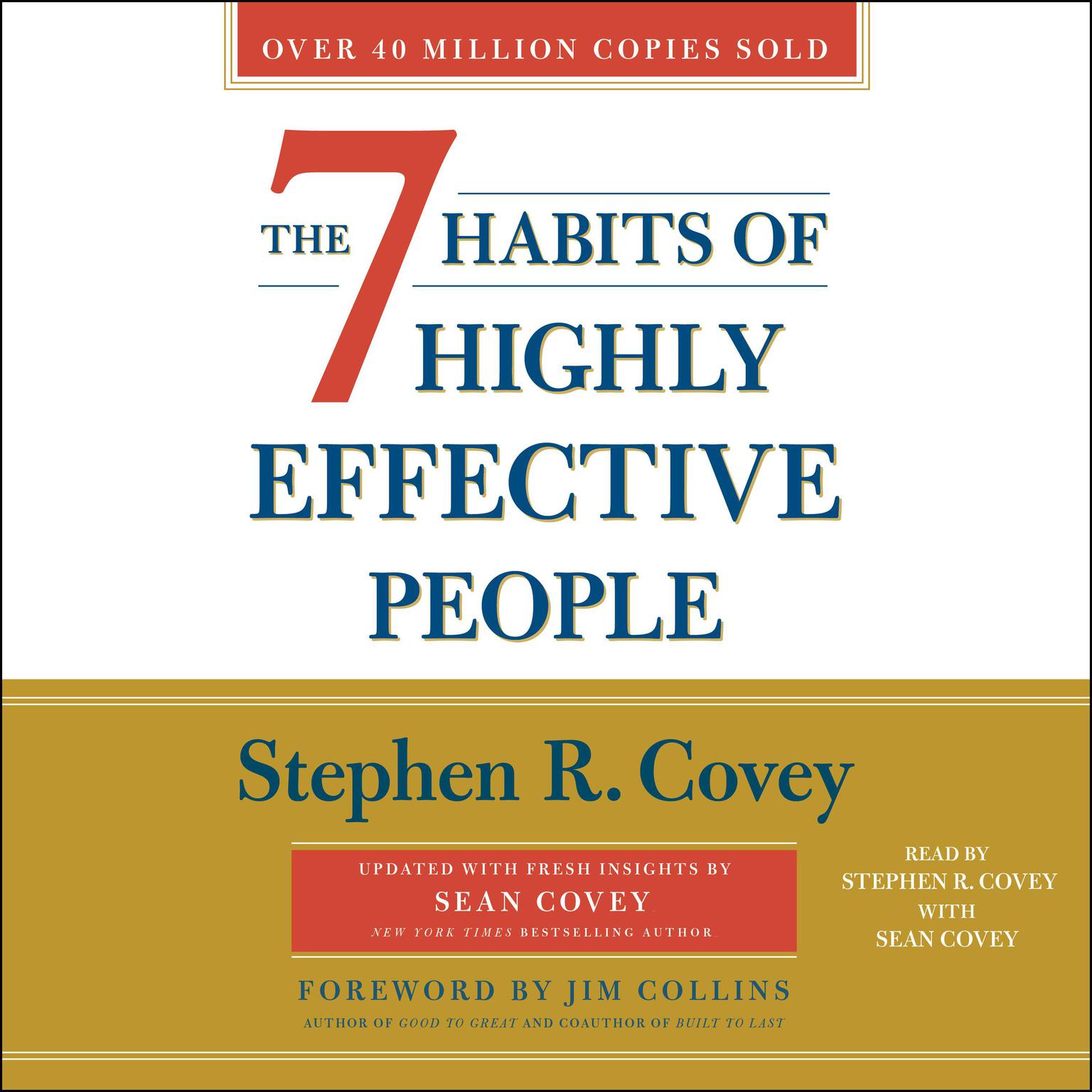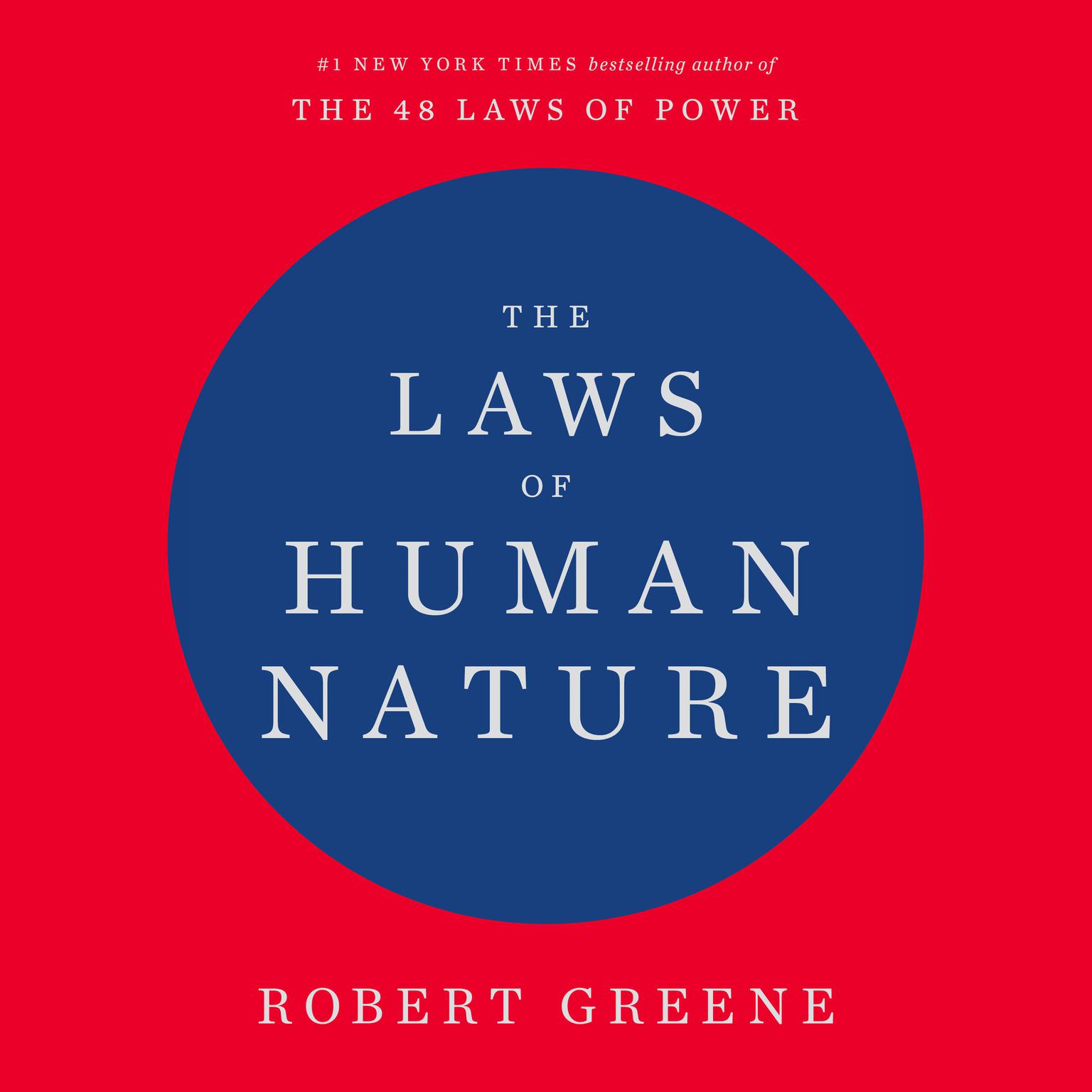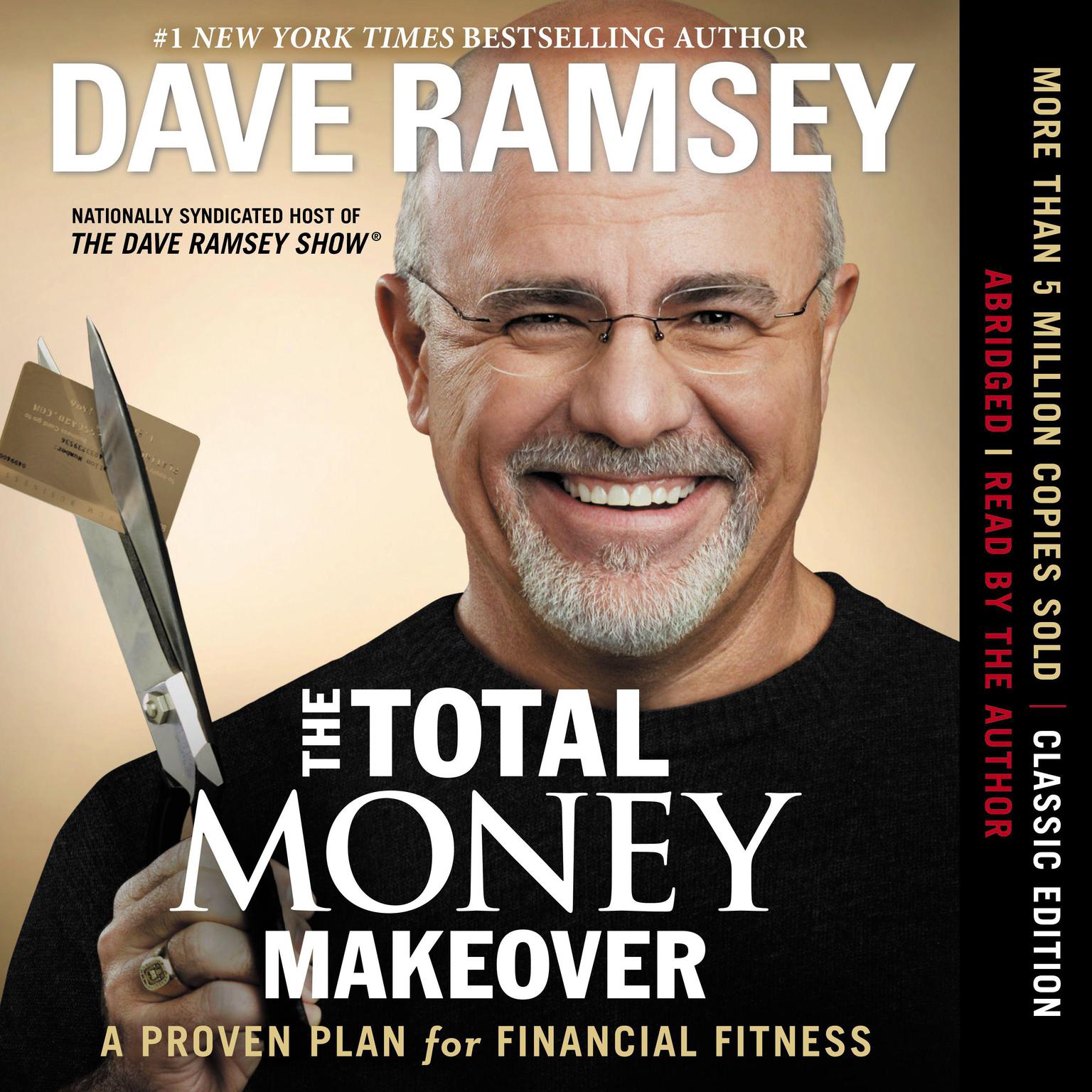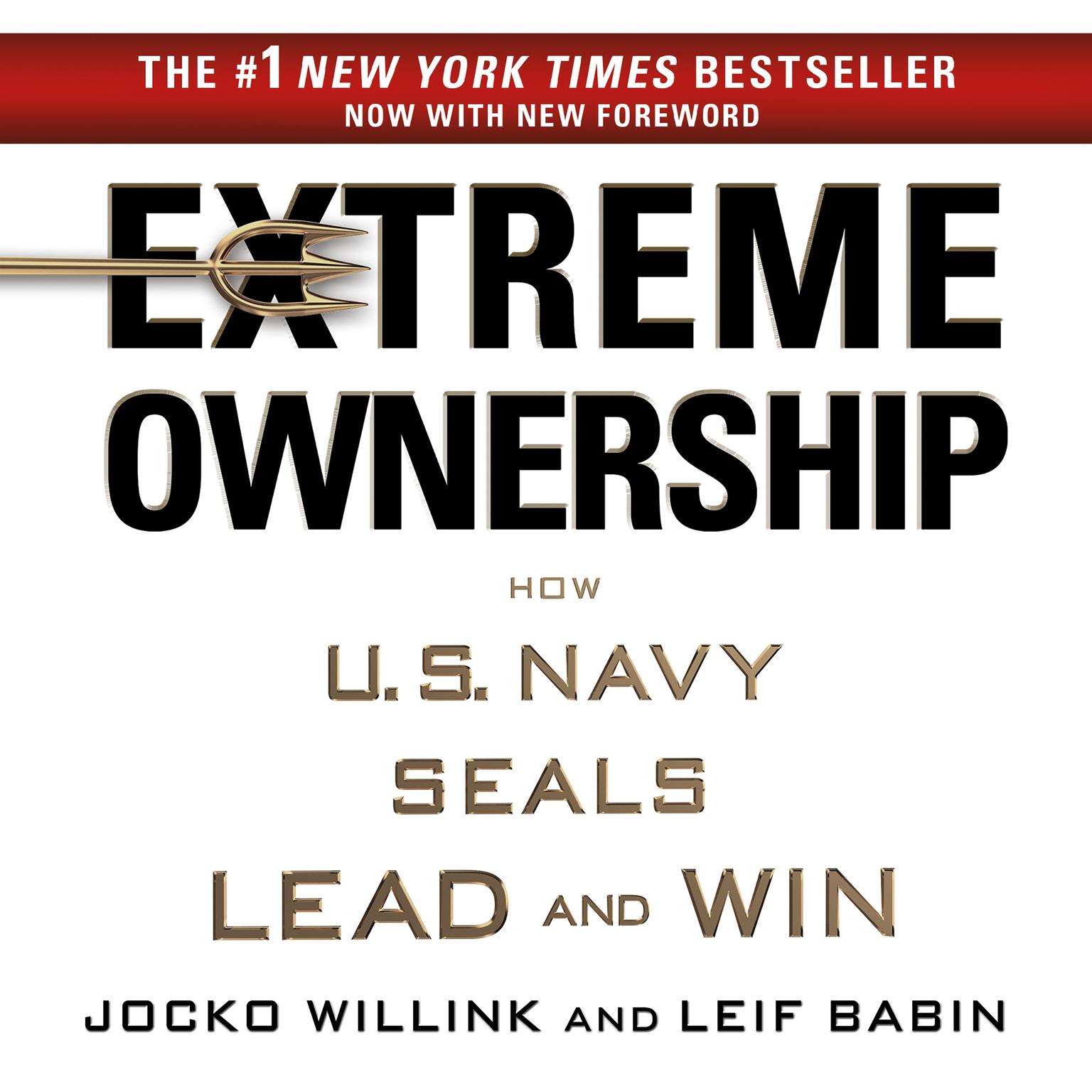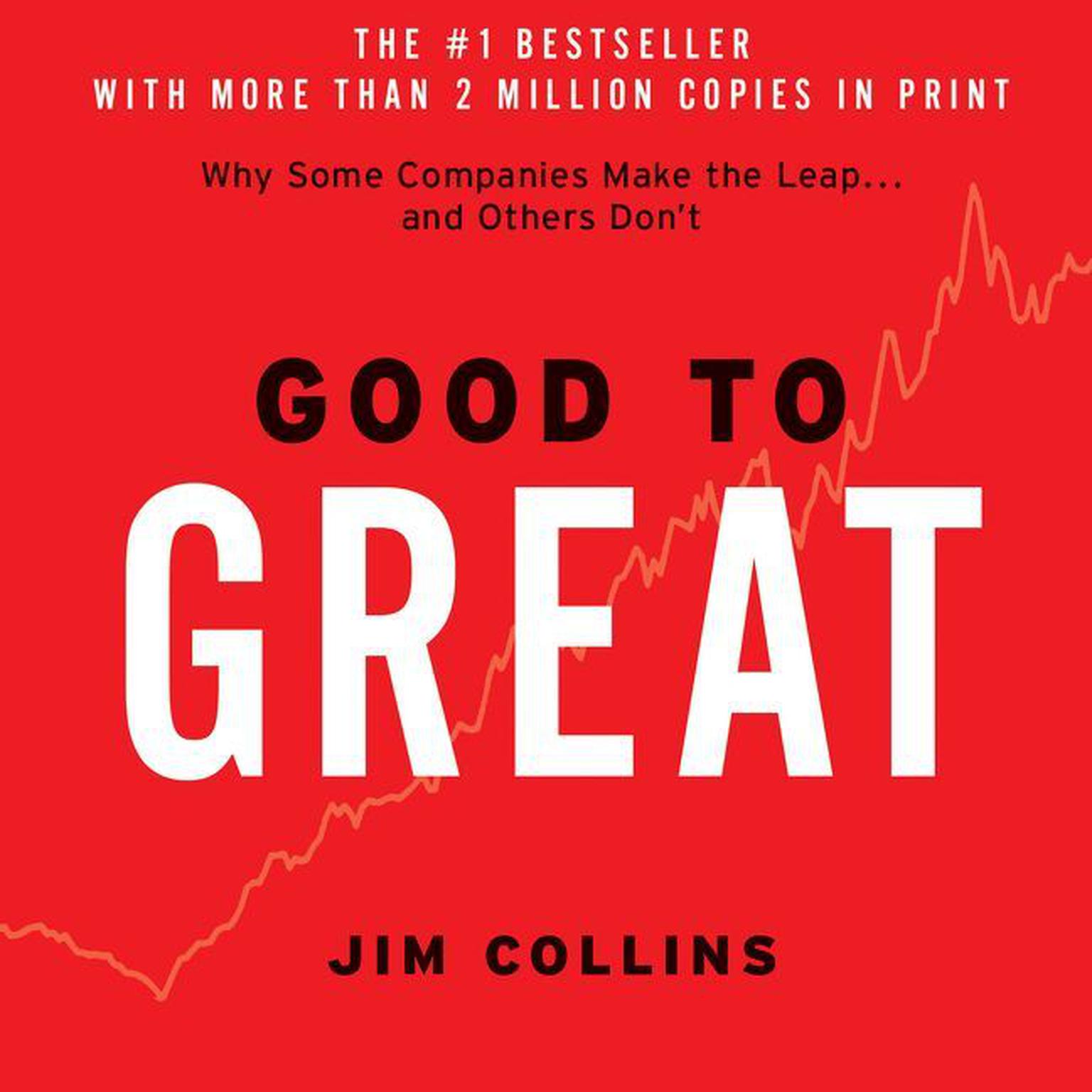Publisher Description
The authoritative exposé of private equity: what it is, how it kills businesses and jobs, how the government helps, and how we stop it
Private equity surrounds us. Firms like Blackstone, Carlyle, and KKR are among the largest employers in America and hold assets that rival those of small countries. Yet few understand what these firms are or how they work.
In Plunder, Brendan Ballou explains how private equity has reshaped American business by raising prices, reducing quality, cutting jobs, and shifting resources from productive to unproductive parts of the economy. Ballou vividly illustrates how many private equity firms buy up retailers, medical practices, prison services, nursing-home chains, and mobile-home parks, among other businesses, using little of their own money to do it and avoiding debt and liability for their actions. Forced to take on huge debts and pay extractive fees, companies purchased by private equity firms are often left bankrupt, or shells of their former selves, with consequences to communities that long depended on them.
Perhaps most startling is Ballou’s insight into how this is happening with the active support of various arms of the government. But, as Ballou reveals in an agenda for reigning in the industry, private equity can be stopped from wreaking further havoc.
Download and start listening now!
Despite owning companies with tens of millions of workers and impacting the lives of tens of millions more by buying up hospitals, nursing homes, housing, and other services we depend on, giant private-equity firms still largely operate in the shadows—and prefer it that way. Ballou’s Plunder shines an important light on these finance giants that have reshaped the global economy to their advantage, connecting private-equity firms’ actions directly to the lives of people who are impacted, from workers, to patients, to students, and many more. Ballou reminds us that in nearly all these cases, private-equity firms have not acted alone—instead they have been aided and abetted by, and profit massively from, the willing assistance of government. Perhaps most importantly, Plunder points us toward solutions—the concrete actions we can take to halt the doom loop of private-equity-driven inequality and press for a more just economy.
—
Jim Baker, executive director, Private Equity Stakeholder Project



